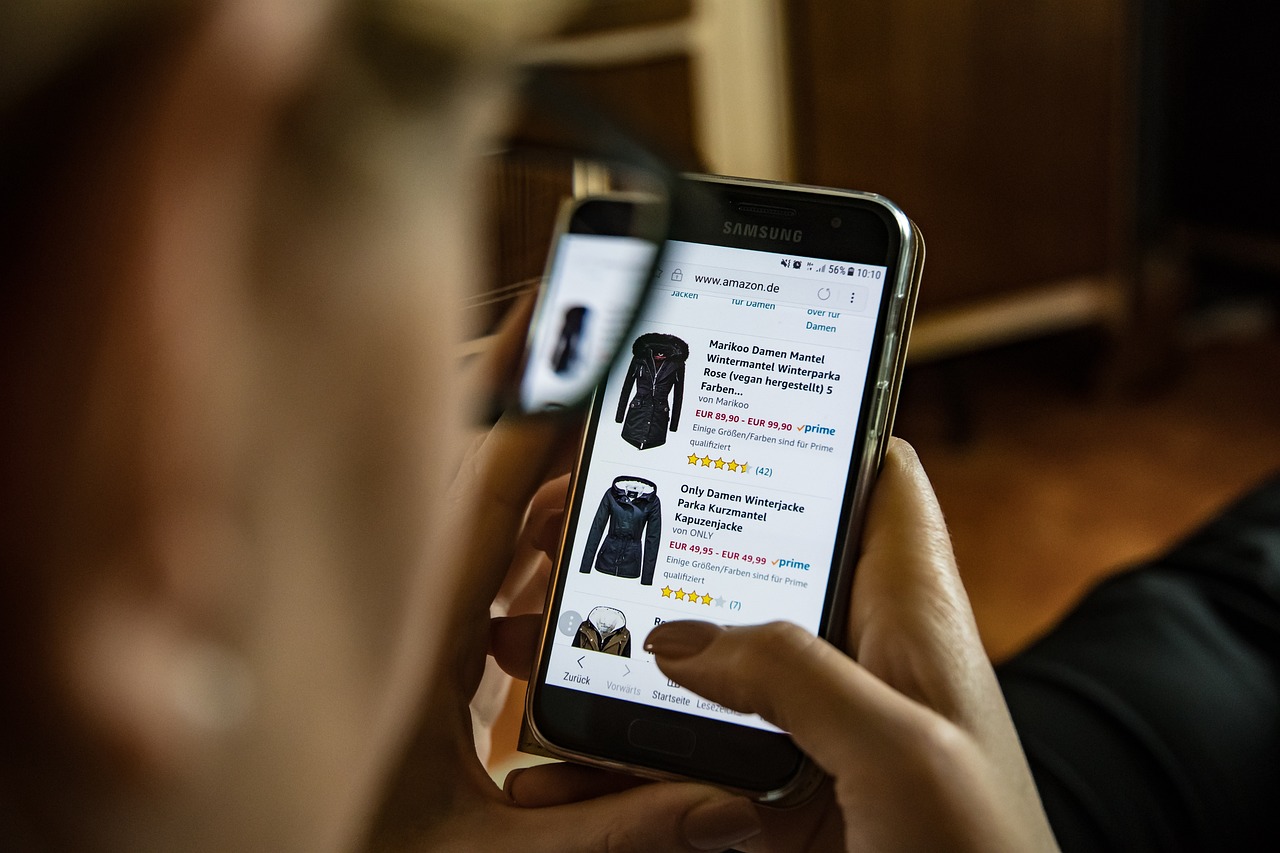Black Friday, the day following Thanksgiving in the United States, has evolved from a simple post-holiday shopping event into a worldwide phenomenon, shaping retail strategies and consumer behavior. This blog explores the origins, transformations, and implications of Black Friday, shedding light on its significance in today’s shopping landscape.
Historical Roots
The term “Black Friday” originally emerged in the 1960s, used by Philadelphia police to describe the chaos that ensued the day after Thanksgiving as hordes of shoppers flooded the city. The police dreaded the day due to the heavy traffic and increased crowds, but the retailers were excited. This dual meaning captures the essence of Black Friday: a day of both opportunity and turmoil.
As retail businesses began to recognize the potential of this shopping day, they shifted the narrative. They started promoting Black Friday as the day when stores would go from being “in the red” to “in the black,” thanks to the surge in sales. This rebranding transformed Black Friday into a cornerstone of the holiday shopping season, signaling the start of Christmas shopping for many consumers.
The Rise of Online Shopping
The rise of e-commerce significantly impacted Black Friday’s landscape. In the early 2000s, retailers began to embrace online shopping, leading to the creation of Cyber Monday—the Monday following Thanksgiving, which focuses on online deals. The convenience of online shopping meant that consumers no longer had to brave the crowds in physical stores, leading to a shift in how people approached Black Friday.

By 2020, the COVID-19 pandemic accelerated this trend, with many consumers opting for online shopping to avoid crowded spaces. Retailers responded by extending their sales over several weeks, allowing consumers to shop safely from home. This shift not only changed the shopping experience but also highlighted the importance of digital marketing and logistics in the retail sector.
Global Adoption
Black Friday is no longer confined to the United States. Its popularity has spread globally, with many countries adopting their own versions of the shopping event. From Canada to the United Kingdom, and even to countries in Asia and South America, retailers worldwide have embraced Black Friday as a means to boost sales.
This global adoption has led to various adaptations. In some countries, local customs and shopping habits influence how Black Friday is celebrated. For instance, in Brazil, Black Friday has faced criticism for misleading promotions, leading to the rise of “Black Fraud” as consumers and watchdogs call out deceptive advertising practices.
Consumer Behavior and Trends
The allure of Black Friday lies in its promise of deep discounts and exclusive deals. Consumers often plan their shopping strategies in advance, researching products and comparing prices to maximize savings. The day has become a cultural event, with people sharing their shopping experiences on social media and participating in the excitement of doorbuster deals.
Recent studies indicate a shift in consumer behavior, particularly among younger generations. Millennials and Gen Z shoppers tend to prioritize experiences over material possessions, leading some retailers to adapt their marketing strategies to emphasize unique experiences rather than just discounts. This shift challenges traditional retail models, prompting businesses to rethink how they engage with consumers during the holiday season.
Sustainability Concerns
As Black Friday grows, so do concerns about its environmental impact. The rush for discounts often leads to increased consumption and waste, prompting discussions about sustainable shopping practices. Many consumers are becoming more aware of the environmental consequences of their purchases, leading to a rise in interest in ethical brands and sustainable products.

In response, some retailers have begun to promote eco-friendly initiatives during Black Friday, encouraging shoppers to consider the impact of their choices. From using sustainable packaging to offering incentives for recycling, these efforts represent a growing acknowledgment of the need for responsible consumerism.
The Future of Black Friday
Looking ahead, Black Friday is likely to continue evolving. As technology advances and consumer preferences shift, retailers must adapt to stay relevant. The growth of social commerce, augmented reality shopping, and personalized marketing are just a few trends that could shape the future of Black Friday.
Moreover, as more people become conscious of sustainability, we might see a greater emphasis on responsible shopping practices during this high-traffic shopping event. Brands that prioritize ethical considerations may not only attract more consumers but also foster brand loyalty in a market that increasingly values corporate responsibility.
Conclusion
Black Friday has come a long way since its humble beginnings in Philadelphia. From a chaotic shopping day to a global retail event, its evolution reflects changing consumer behaviors and societal values. As we navigate the future, Black Friday will undoubtedly continue to be a significant player in the retail world, adapting to the needs and desires of shoppers while facing new challenges in a rapidly changing landscape. Whether you embrace the thrill of the hunt or prefer to shop from the comfort of your home, one thing is certain: Black Friday is here to stay.
